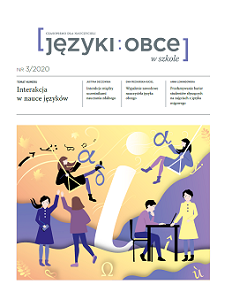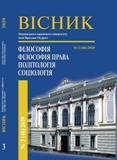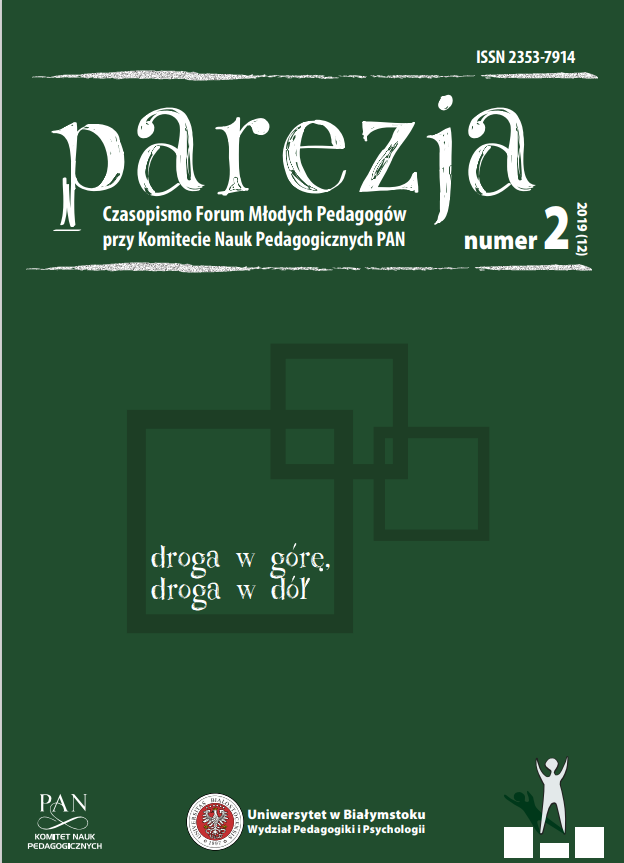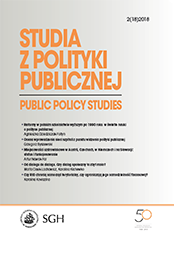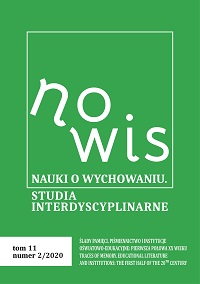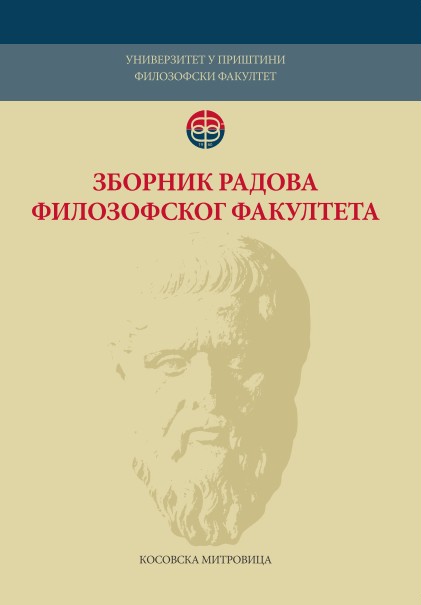Author(s): Oleksandr Yurievich Panfilov,Olga Oleksandrivna Savchenko / Language(s): Ukrainian
Issue: 3/2020
Problem setting. The social changes that currently take place in the world actualize new practical methods and theoretical approaches that are more open and free, and the need for social adaptation and active engagement in civic activities requires a different quality of education. The importance of education is constantly growing since it is a part of the main priorities and values of the society as it is the backbone of the existential well¬being of its members. Due to the fact that the current stage of development of national education is characterized by the processes of integration into the world educational space, the paradigmatic foundations of the modern world educational space are actualized and emphasized.Recent research and publications analysis. A number of reputed scholars such as G. Johnston, W. Franken, V. Morris, G. Pratt, K. Thompson, G. Uhlich, A. Weston, S. Gessen, A. Valitsky, B. Gershunsky, E. Gusinsky, M. Mamardashvili, A. Ogurtsov, V. Platonov, V. Rozin, V. Lutai, I. Savitsky, A. Subetto, P. Shchedrovitsky, I. Fomicheva, I. Fedorov and others contributed to the philosophical understanding of the phenomenon of modern education. However, the problem of finding a modern educational paradigm remains rather complicated and insufficiently studied, which has encouraged a more detailed study of this issue.Paper objective. The goal of the article is to attempt to comprehend the paradigmatic dimension of the modern educational environment from the perspective of sociological and educational reflection.Paper main body. The article specifies the paradigms that have formed in the global educational process over a certain period of time, in particular, the reproductive- conservative and the progressive-humanistic ones. Based on the analysis of the content, the comparative analysis of these paradigms was made in the article, the main differences were singled out. In particular, the reproductive-conservative paradigm set the goals to develop intellectual mental capacity and basic competencies and skills of an individual, while the progressive-humanistic paradigm focuses on strengthening the personal growth and development, promoting personal self-realization. In the context of the content, the reproductive-conservative paradigm emphasizes general all-round education, focuses on academic achievements, accountability, practicality, behavioral stereotypes, while the progressive-humanistic emphasizes social responsibility, cooperation, practical experience, freedom, independence, and self-control within the educational sphere. The educational methods and techniques are different as well - the reproductive-conservative paradigm focuses on lecturing and critical analysis, question-answer technique, guided debates, self-study, standardized tests, computer-aided activities, strict syllabus, demonstrative methods, while the progressive-humanistic paradigm widely involves project activities, open discussions, self-directed independent learning, and so on. The article also specifies the different roles of the teacher and the individual learner.Conclusions of the research. The reproductive-conservative and progressive-humanistic paradigms do not exclude one another; they differ in ways of solving the main issues concerning the functions and priorities of education as a social institution, the values and goals of education, the content and technologies of teaching, and the principles of organizing the educational process. The peculiarity of the modern educational environment does not lie in the conflict and negation of the reproductive-conservative and progressive-humanistic paradigms but in their combination, mutual complementarity and synergy in the same educational environment, in the context of the objective philosophical and educational model where a student is an object of education and the matter of practical actions) and the subjective philosophical and educational model when a student, like a teacher, is a subject of education, a person who actively learns and acts.
More...
